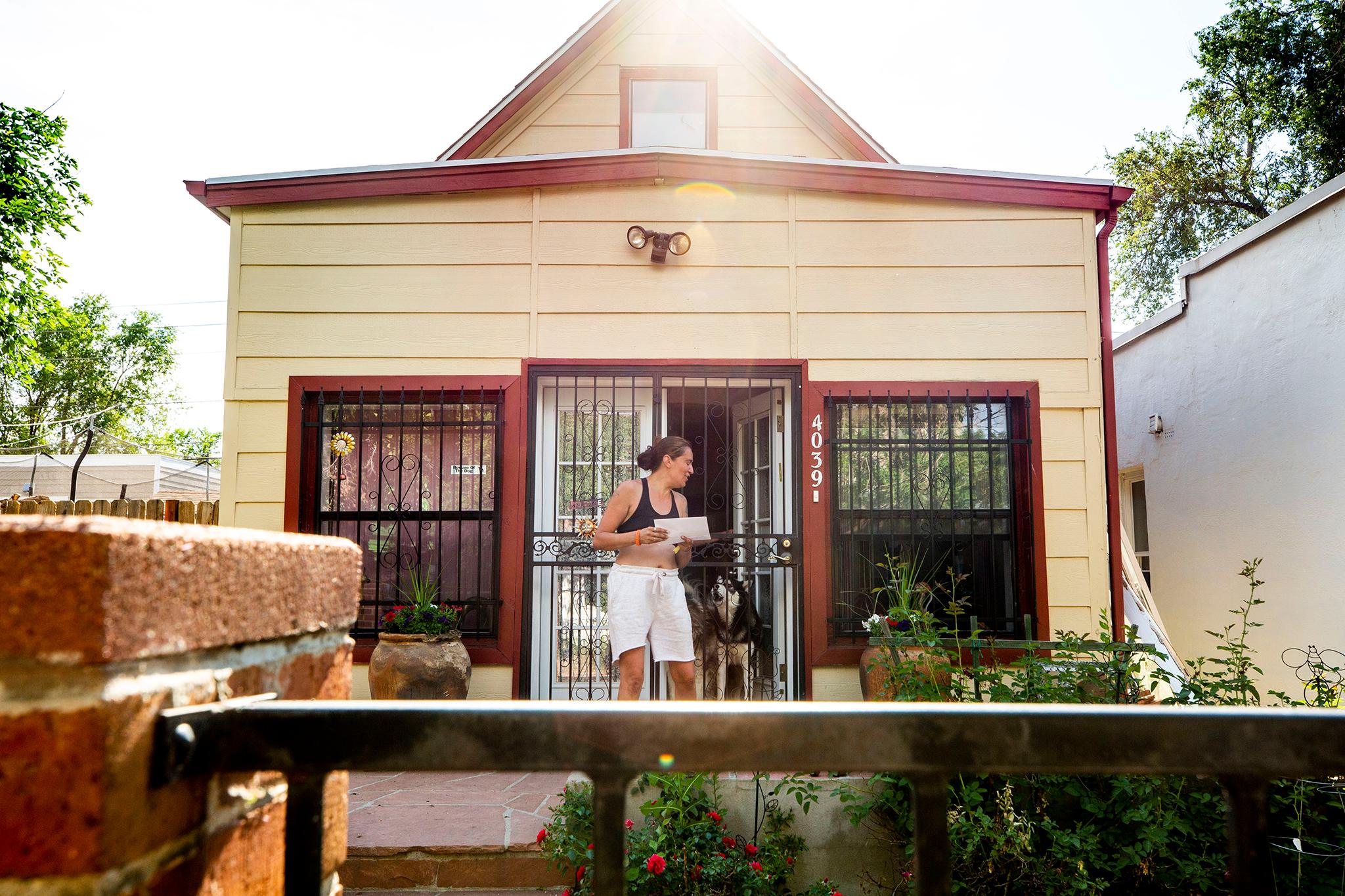
Gov. Jared Polis signed a package of emergency stimulus bills that will send hundreds of millions of dollars to businesses and individuals.
That money will filter out through the state government and a network of nonprofits in the next few months.
Here’s where it will go, and how to apply.
Housing help
State lawmakers approved about $54 million for rent and mortgage relief, along with other housing programs run by the Department of Local Affairs. It will be distributed via several existing programs.
Renters and homeowners can already apply for help from the Emergency Housing Assistance Program, or EHAP, through local agencies. To start, call 2-1-1 and ask to be directed to a local agency that can help navigate the EHAP process. A map of the agencies is also available online. The money is only available to people making less than a certain amount. Starting in January, the state plans to launch a unified application on the state website to simplify the program.
Landlords can already apply directly to the Property Owner Preservation program, which will pay rent if a tenant can’t. There is no income limit for the program, but it will only pay up to a certain amount in rent. The program has recently seen demand for about $2.5 million a week in payments.
Another $5 million will go to help undocumented people through the new Emergency Direct Assistance Grant Program Fund. The money will go to a network of nonprofits coordinated by the investment group Impact Charitable. “We’ll work with nonprofit agencies who are trusted and have good and longstanding relationships with communities that are hard to reach,” said Sen. Julie Gonzales, a Democratic cosponsor of the bipartisan bill.
Also, $5 million will go to food pantries by the end of March through an existing grant program.
Broadband access
About $20 million will pay for broadband access for students and staff at preschool through 12th grade schools.
The money will reach public school districts as early as February, said Republican Rep. Matt Soper, who co-sponsored the bipartisan bill. The districts can apply to spend the money on broadband subscriptions and personal devices, although some districts could also invest in wifi transmitters and other infrastructure.
“I looked at segments of my district and they were not even remotely prepared to go online,” Soper said.
Child care
About $45 million will help licensed childcare facilities sustain themselves and expand as they struggle with pandemic shocks to their businesses. The state Department of Human Services will open applications and is required to award most of the money by the end of February, according to the bill
“We already have had 10 percent of childcare centers closing and an additional 40% are at risk of closing,” said Sen. Brtittany Pettersen, a Democratic cosponsor of the bipartisan bill. She expected the money would go to about 2,600 businesses.
The state already has the information it needs to start the payment process for most, and Pettersen said the government would also reach out in English and Spanish to get the money to businesses.
Small business grants
About $37 million will go to small businesses facing capacity restrictions, such as bars and restaurants. County and local governments will apply to the state for the money early in 2021, and then they will open grant programs of their own. The money will be paid out by February 12.
“A lot of it’s going to be dependent upon the counties getting a process to get the money out. Some counties will take less time,” said state Sen. Faith Winter, part of the bipartisan group behind the bill.
Counties that are defying public health orders — like Weld County — won’t be allowed to apply, but cities within them — like Greeley — can still process the money as long as they are in compliance with the state. The money is for businesses with less than $2.5 million of revenue.
About $7.5 million will go to arts organizations, including performance venues, and individual artists and entertainment industry professionals. The money will be managed by the nonprofit Redline Center for Contemporary Art in Denver — a decision made to help distribute money efficiently, Winter said. Applications could open in December and the money could follow in January, Colorado Politics reported.
About $4 million will go to the Minority Business Office of Colorado, which helps minority-, woman- and veteran-owned businesses. It will fund direct relief payments, grants, loans, and assistance programs.









